Metropolitan Police: Damning new report challenges response to Stephen Port victims’ inquest
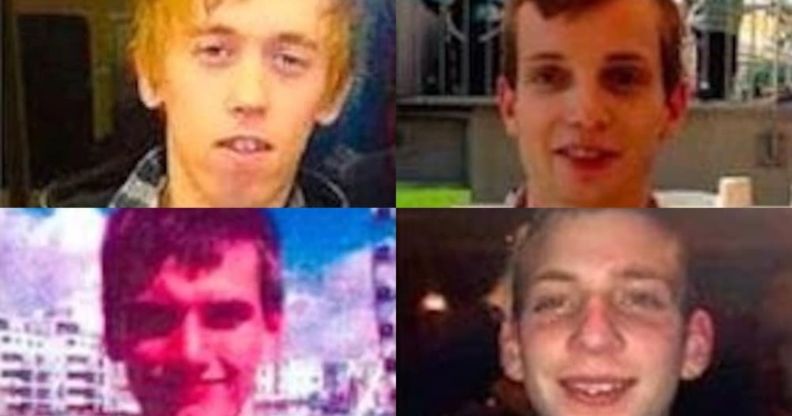
Stephen Port’s victims (clockwise from top left) Anthony Walgate, Gabriel Kovari, Daniel Whitworth and Jack Taylor. (Justice for our Murdered Boys)
The Metropolitan Police’s refusal to support a public inquiry into the Stephen Port murders has been called into question by the Casey Review.
A review conducted by Baroness Louise Casey found that the Metropolitan Police is institutionally racist, sexist and homophobic – and that the force’s handling of certain cases has eroded trust among LGBTQ+ Londoners.
The LGBTQ+ community’s faith in the Metropolitan Police began to sharply decline after Stephen Port murdered Anthony Walgate, Gabriel Kovari, Daniel Whitworth and Jack Taylor between June 2014 and September 2015, the review said.
The Met has come in for criticism in its handling of the case – the force initially treated all four deaths as non-suspicious despite the fact that each of the men died in a similar way.
During a 2021 inquest, the coroner told the jury not to express any view on whether institutional homophobia played a part in the Met’s botched investigation, after the Met’s lawyers argued it was outside of the inquest’s scope.
Casey found that an “oversimplification” of this instruction has been used to deny the existence of institutional homophobia, and to ‘bat away’ calls for a public inquiry into the four deaths.
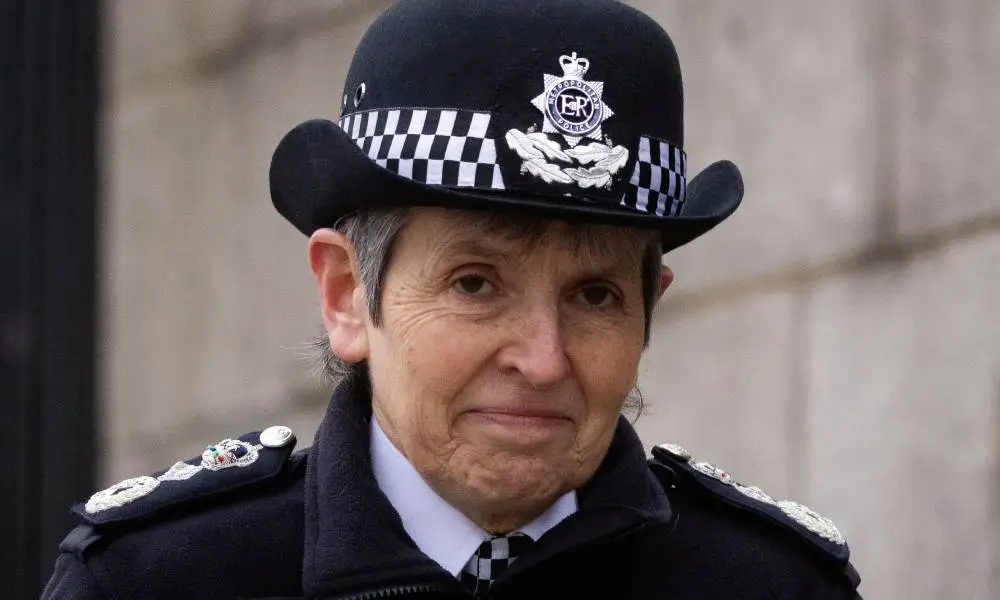
The report singled out Cressida Dick, the former Met commissioner, for relying on this “oversimplification” in January 2022.
“Subsequent calls for a public inquiry into the four deaths, or an examination of institutional homophobia in the Met, have been batted away using the coroner’s instruction or, more recently, by suggesting that since this review is taking place an inquiry is unnecessary,” the review continued.
“Multiple people, including serving officers, have informed the review that they believe this refusal to engage on the topic of homophobia is down to a fear that the public will then see all Met officers as homophobic, and that Met officers will feel unsupported by the leadership, rather than because the Met have thoroughly interrogated whether homophobia exists within its ranks.”
Families of Stephen Port victims criticised the Met Police
Family and friends of the four murdered men have repeatedly expressed their view that homophobia and discriminatory views within the Met hampered the investigation – however the force has tended to push back against accusations of institutional homophobia.
An inquest jury found that “fundamental failings” – such as the Met’s failure to follow basic inquiries and its failure to carry out forensic testing – possibly contributed to the deaths of Kobari, Whitworth and Taylor.
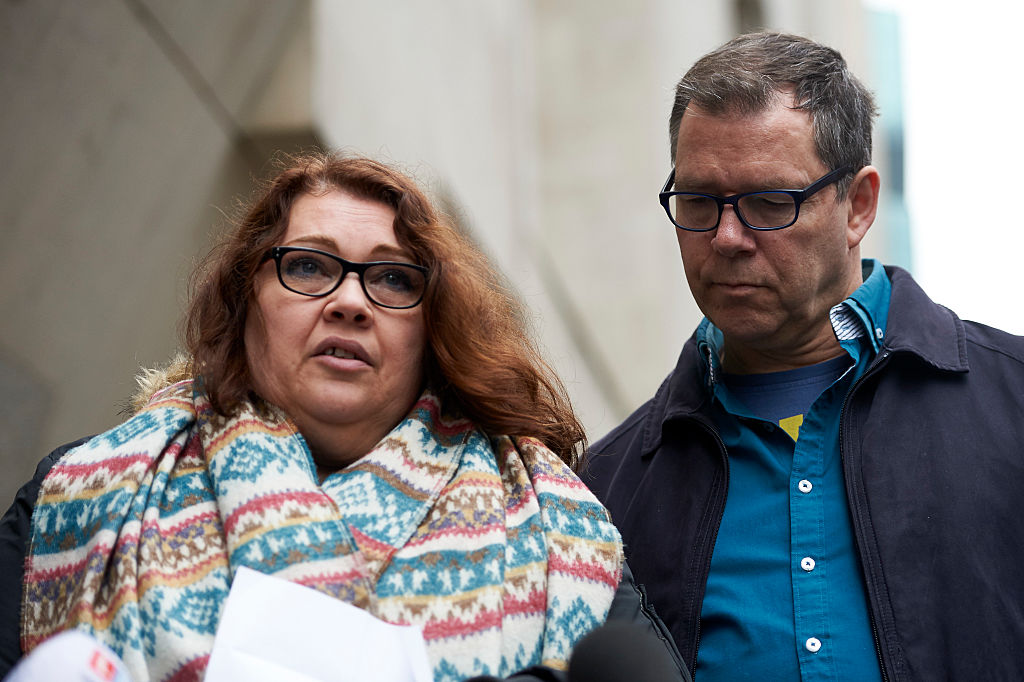
It could not comment on the possible role of institutional homophobia, and Casey made clear that as a result of an ongoing reinvestigation, she could not offer a view.
Casey noted however that the families of Walgate, Kovari, Whitworth and Taylor had criticised the Met for its refusal to interrogate institutional homophobia and the role it played in the murder investigation.
“Someone needs to take responsibility for homophobia, someone needs to own it… not one person has… you can’t put it right and change it if you don’t know what’s wrong,” one family member said.
Casey went on to draw attention to the sharp drop in the LGBTQ+ community’s trust in the Metropolitan Police.
“This fall in trust coincides with reactions to the Met’s handling of the investigation into the murders of Anthony Walgate, Gabriel Kovari, Daniel Whitworth and Jack Taylor”, Casey wrote.
“The original investigations, the murderer’s trial, the campaigning the families felt they have had to carry out to get justice, the East London inquests, and a TV dramatisation of the investigations, have all contributed to accusations of ‘institutional homophobia’ towards the Met.”
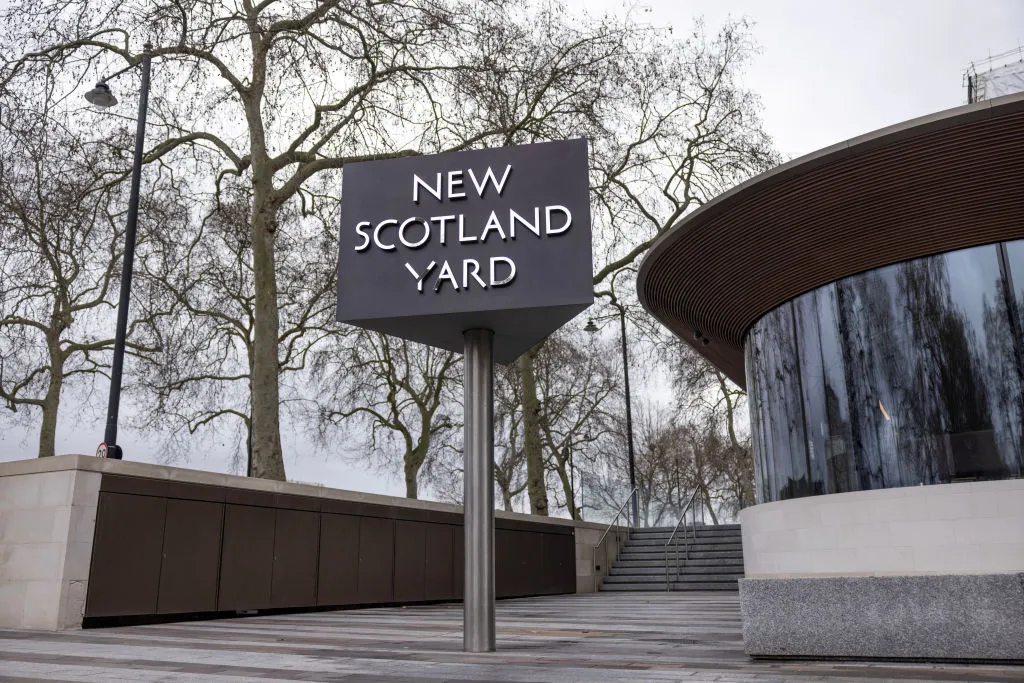
in January 2022, Dick said she accepted there were “errors” in the murder investigation – but added: “I would refer you to the coroner’s direction to the jury that during that very extensive inquest, all manner of evidence and, I suspect, everything that could have been looked at was looked at.”
She continued: “It was put in front of the coroner. I am not going to remember her exact words, but she directed the jury that, because of the lack of evidence around homophobia, in essence, they could not find that as part of the reasons.
“I do not rely on but do to some extent defer to the coroner.”
Closing the chapter, Casey said the Met’s “institutional defensiveness and concern to maintain its reputation” had damaged trust with the LGBTQ+ commuting and had alienated LGBTQ+ staff members.
“This defensiveness is getting in the way of rebuilding trust with the LGBTQ+ community,” she added.
“The review finds the Met to be institutionally homophobic.”
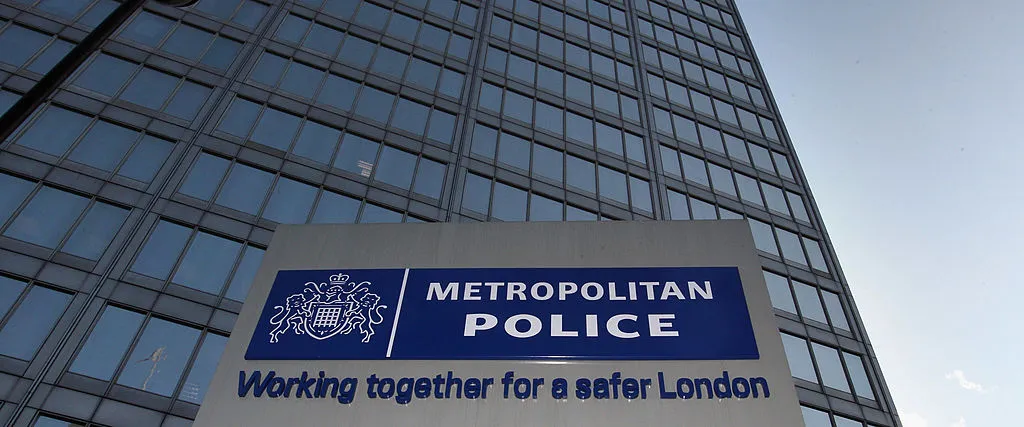
Leni Morris, CEO of LGBT+ anti-abuse charity Galop, said the Port murders shows “how stereotypes about gay and bi people held by Met staff result in LGB+ people not being effectively protected from those who harm us”.
“LGBT+ victims of abuse don’t just face homophobia, biphobia, and transphobia when interacting with the Met – misogyny and racism affect many of the members of the LGBT+ people that we support.
“The whole system needs to be overhauled to remove the structures that have allowed institutionalised discrimination to fester unchallenged for decades.”
How did this story make you feel?

